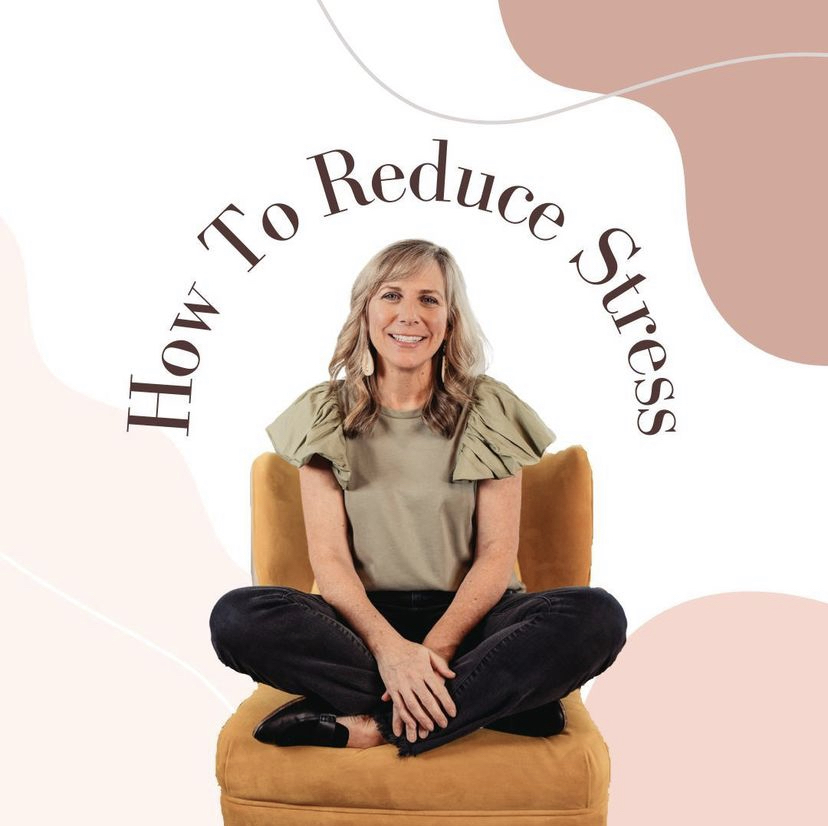Stress: Tips for Reduce

What is the stress?
Stress is a feeling of emotional or physical tension. It can come from any event or thought that makes you feel frustrated, angry, or nervous. Stress is your body's reaction to a challenge or demand. In short bursts, stress can be positive, such as when it helps you avoid danger or meet a deadline.
Stress is a normal human reaction that happens to everyone. In fact, the human body is designed to experience stress and react to it. When you experience changes or challenges (stressors), your body produces physical and mental responses. That's stress.
Some of the psychological and emotional signs that you're stressed out include:
- Depression or anxiety.
- Anger, irritability, or restlessness.
- Feeling overwhelmed, unmotivated, or unfocused.
- Trouble sleeping or sleeping too much.
- Racing thoughts or constant worry.
- Problems with your memory or concentration.
Stress can suppress your immune system, upset your digestive and reproductive systems, increase the risk of heart attack and stroke, and speed up the aging process. It can even rewire the brain, leaving you more vulnerable to anxiety, depression, and other mental health problems.
What causes stress?
- being under lots of pressure.
- facing big changes.
- worrying about something.
- not having much or any control over the outcome of a situation.
- having responsibilities that you're finding overwhelming.
- not having enough work, activities or change in your life.
- times of uncertainty.
Simple Ways to Reduce stress and anxiety
- Exercise - we can all benefit from daily exercise
- Consider supplements – natural supplements or even green tea
- Essential Oils – calming scents like Lavender, Rose, Frankincense, Orange and Geranium
- Reduce your caffeine intake
- Write down what you are stressed about AND what you are grateful for
- Chewing gum
- Spend time with friends and family
- Laugh – its hard to feel anxious when you are laughing – laughter relieves tension and helps improve your immune system
- Learn to say NO – healthy boundaries are a good thing
- Learn to avoid procrastination – stay on top of priorities, get in the habit of a to do list organized by priority
- Listen to soothing music
- Deep breathing
- Spend time with your pet
The bottom line
Although stress and anxiety may arise in your workplace and personal life, there are many simple ways to reduce the pressure you feel.
These tips often involve getting your mind away from the source of stress.
Exercise, mindfulness, and music can all work to relieve anxiety — and they will improve your overall work-life balance as well.
You can listen to our full podcast episode on this blog topic here or you can check us out on Youtube. Make sure you subscribe!


